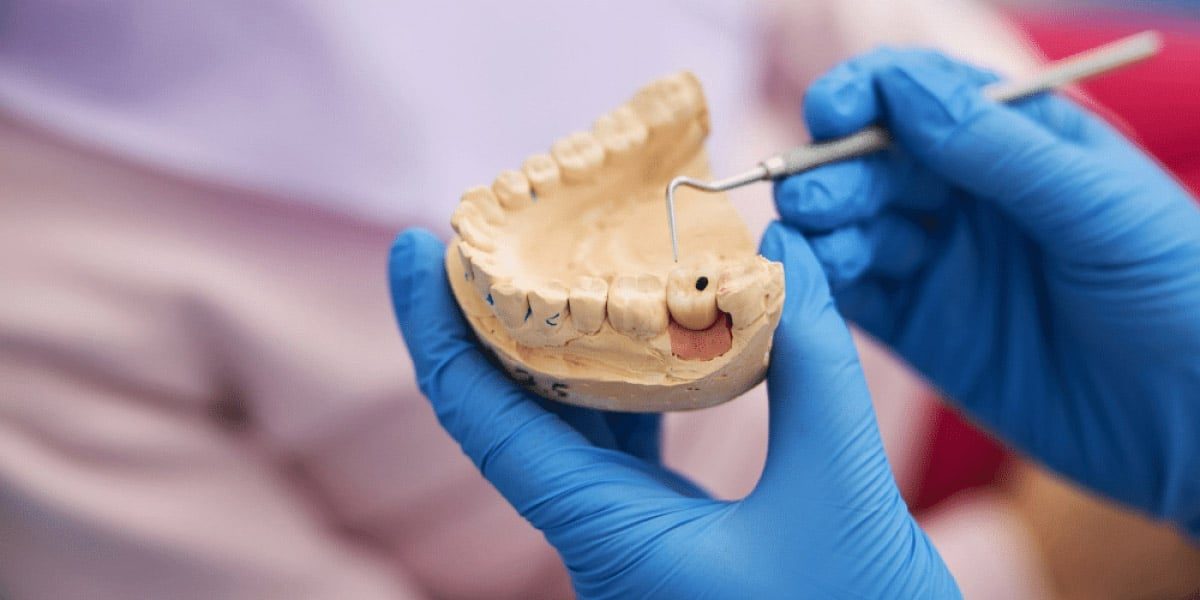Our mouths are a marvel of engineering, packed with precisely positioned teeth designed for chewing, grinding, and that winning smile. But sometimes, nature throws us a curveball – wisdom teeth. These third molars, erupting in our late teens or early twenties, can cause a world of trouble.
So, why exactly do wisdom teeth often need to be extracted, and what are the signs they might be causing problems? Let’s delve into the world of wisdom teeth, exploring the reasons for extraction and the importance of timely intervention.
Crowding and Chaos: When Wisdom Teeth Become Troublemakers
Wisdom teeth, also known as third molars, are a curious quirk of human evolution. Our distant ancestors sported much larger jaws, necessary to tackle a diet of coarse, fibrous foods. These powerful jaws had ample space to accommodate a full set of wisdom teeth, which typically erupted around the age of 18-20, providing a crucial grinding surface for processing tough food.
Fast forward to the modern era, and our dietary landscape has undergone a dramatic transformation. Processed foods and softer fare have become the norm, requiring less chewing power. Consequently, our jaws have evolved to be smaller and more compact. This creates a problem for wisdom teeth – they erupt at a time when there’s simply not enough space left in the jaw to accommodate them comfortably.
This lack of space is the root cause of most wisdom teeth problems. When wisdom teeth don’t have enough room to erupt fully or emerge in the correct position, they become impacted. Impacted wisdom teeth can wreak havoc on your oral health, causing a cascade of issues that we’ll explore in the next section.
1. Impaction:
When wisdom teeth don’t erupt fully or emerge at an angle, they become impacted. This can cause pain, swelling, and infection in the surrounding gum tissue. A recent study published in the Journal of Oral and Maxillofacial Surgery highlights the link between impacted wisdom teeth and a higher risk of infection and other oral health complications.
2. Damage to Neighboring Teeth:
Impacted or misaligned wisdom teeth can crowd and damage their neighboring molars. This pressure can cause the other teeth to shift, leading to misalignment, bite problems, and even pain in the jaw joint.
3. Cyst Formation:
In rare cases, impacted wisdom teeth can lead to the formation of cysts, fluid-filled sacs that damage surrounding bone tissue. Early detection and removal of impacted wisdom teeth are crucial to prevent cyst formation and potential jawbone damage.
A recent article by the American Dental Association emphasizes the importance of wisdom teeth consultations with a dentist or oral surgeon, even if you’re not experiencing any immediate problems. Early X-rays can reveal potential issues with wisdom teeth before they erupt and cause complications.
Signs and Symptoms: Knowing When to See a Dentist
Not everyone experiences problems with their wisdom teeth. However, some telltale signs indicate potential trouble and the need for a consultation with a dentist or oral surgeon.
- Pain and Swelling: Pain, tenderness, or swelling around the jaw, particularly in the back where the wisdom teeth are located, is a common symptom of wisdom teeth problems.
- Difficulty Chewing: If you experience difficulty chewing or discomfort when biting down, it could be due to impacted or misaligned wisdom teeth putting pressure on other molars.
- Redness and Gum Sensitivity: Redness, inflammation, or tenderness in the gum tissue around wisdom teeth can indicate infection or irritation.
- Bad Breath: Persistent bad breath can be caused by difficulty cleaning wisdom teeth due to their location or improper eruption.
Ignoring these signs can lead to worsening pain, infection, and even damage to surrounding teeth and bone. Early diagnosis and intervention are key to preventing complications and ensuring a smooth recovery from wisdom tooth extraction.
A Brighter Smile and a Healthier Mouth: The Importance of Wisdom Teeth Removal
While wisdom teeth removal might seem like an unnecessary procedure, it’s often a proactive measure to prevent future problems. By removing impacted or problematic wisdom teeth, you’re safeguarding your oral health and preventing potential complications down the road.
So, the next time you hear about wisdom teeth, remember – it’s not just about having those pearly whites removed. It’s about ensuring a healthy smile, a comfortable bite, and a mouth free from future dental woes.









